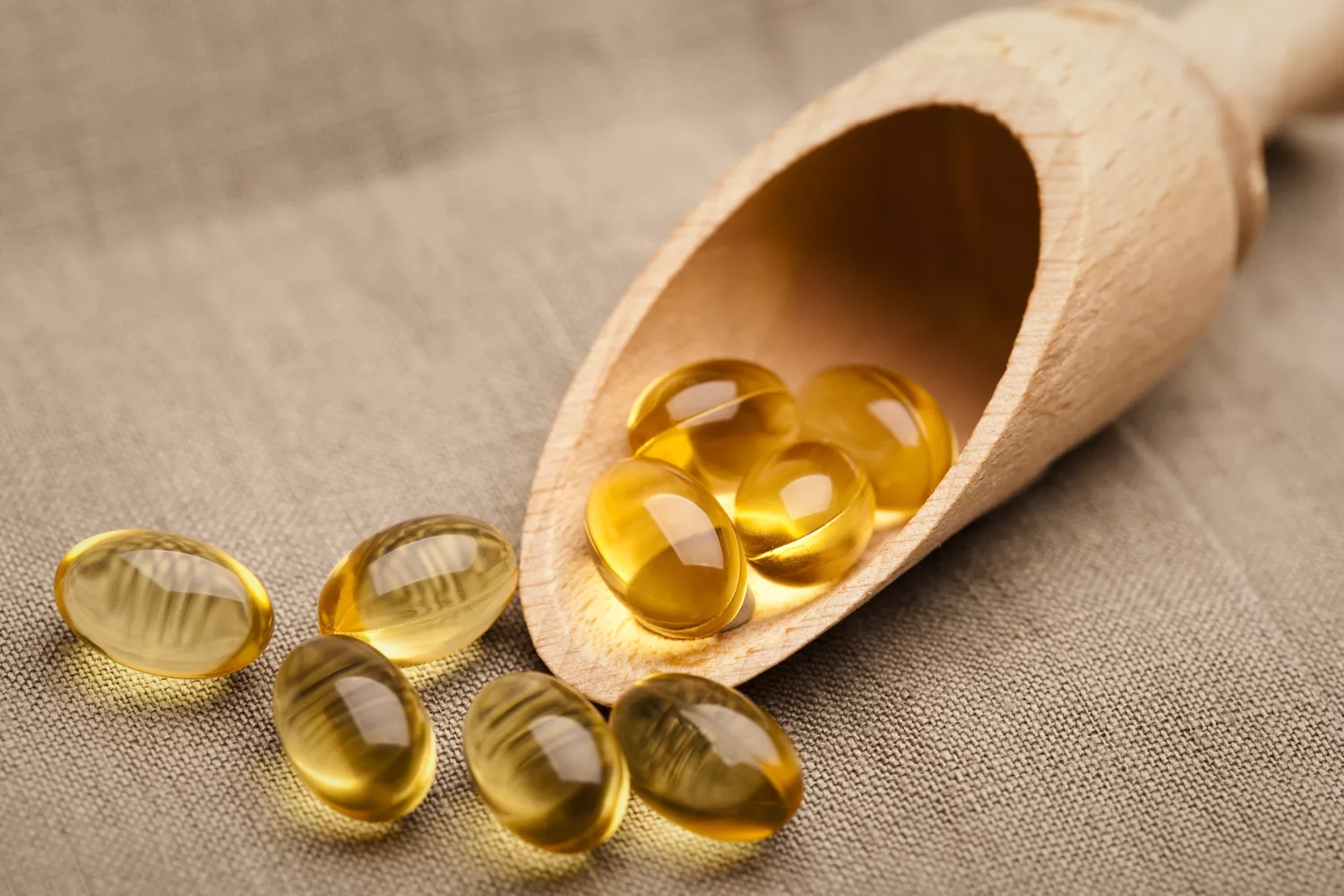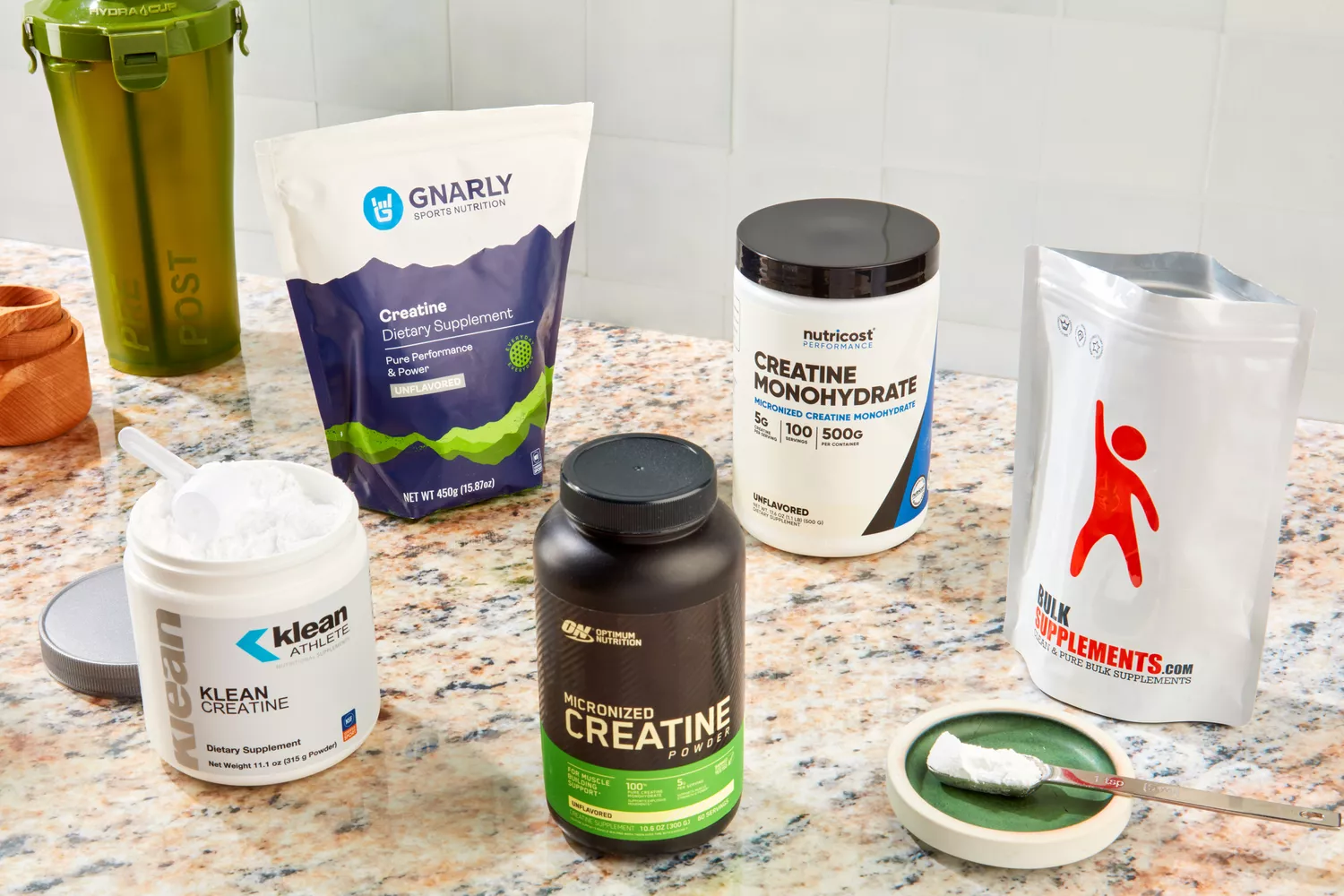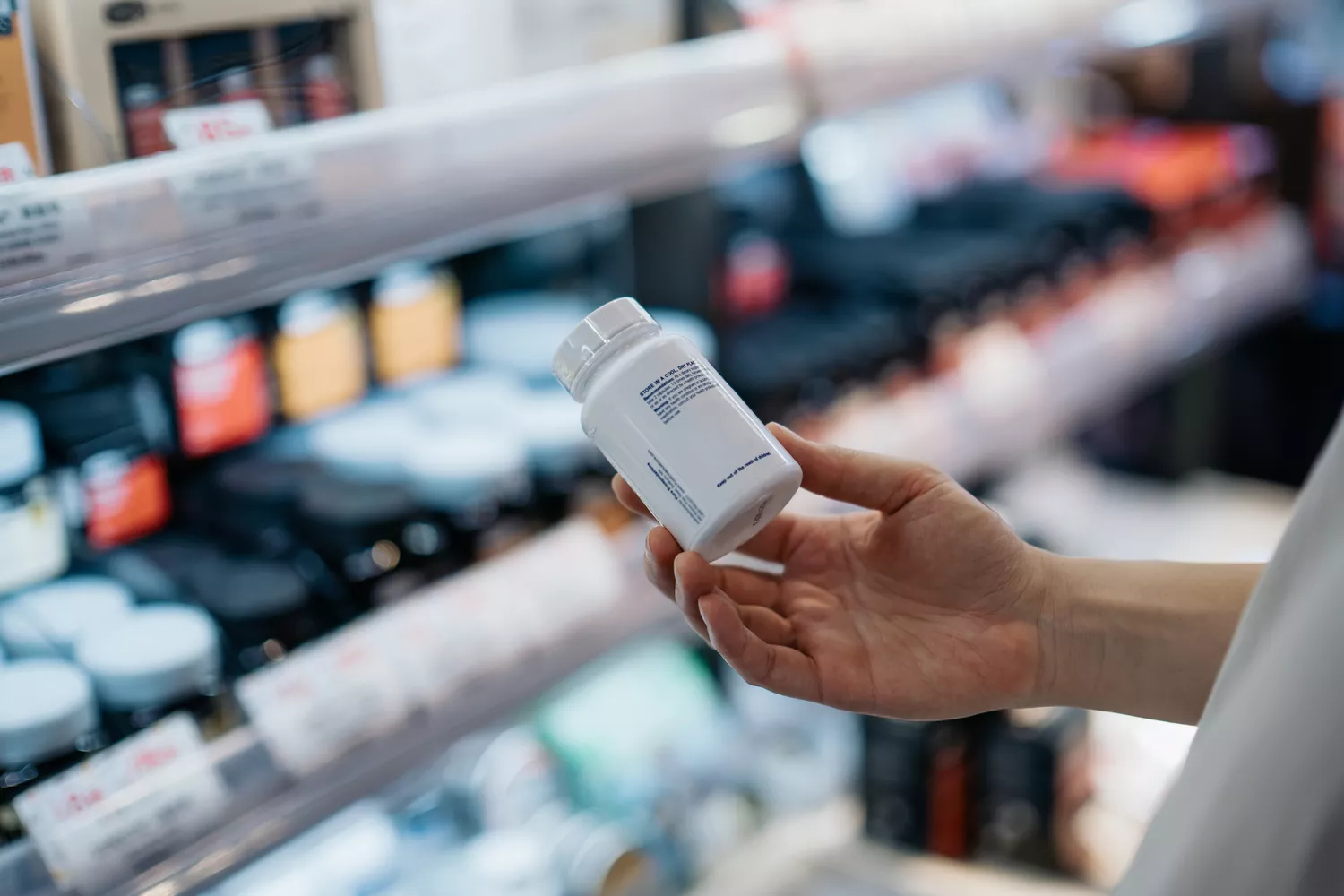Vitamin E benefits your body immune system, as well as eye, mind, and skin wellness. Though vitamin E deficiency is unusual, fulfilling everyday requirements is necessary to maintain health and prevent and deal with condition.
Fat-soluble vitamins, including vitamin E, must be taken in with dietary fat to be moved and used throughout the body successfully. Mother Nature has actually made this simple as vitamin E is normally found in many foods having fat like vegetable oils, eggs, meat, poultry, and nuts. Vitamin E is additionally found in broccoli, spinach, kiwi, mango, and tomato.
After vitamin E is absorbed in the small intestine, it’s occupied by the liver, where it’s stored till required. At that point, the liver only resecretes alpha-tocopherol, the kind recognized by the body.
There are a few scenarios where vitamin E deficiency is possible. One is in early children with reduced birth weight. It is likewise possible in people with a fat-malabsorption problem, like Crohn’s illness and cystic fibrosis, where the body can not effectively absorb dietary fat.1 Both need supplements to reduce the danger of complications.
Vitamin E Benefits
Vitamin E, or alpha-tocopherol, is a fat-soluble vitamin that functions as a powerful anti-oxidant to shield cells from cost-free extreme damage and is involved in immune feature. It’s an important vitamin and should be found in your diet plan. Vitamin E is important for your mind, eyes, body immune system, and heart health and wellness. The nutrient might protect against heart disease and eye problems, boost cognitive feature, and even protect against some cancers cells. Nevertheless, the study supporting these claims is differed. Find out more regarding vitamin E advantages below.
May Prevent Coronary Cardiovascular Disease
Whether vitamin E prevents coronary cardiovascular disease in the general populace has yet to be established. Much of the existing research study contradicts findings suggesting vitamin E supplementation in risky patients is beneficial. On the other hand, various other research shows vitamin E does not boost cardiovascular threat elements.2.
According to a testimonial published in the Journal of Lipid Research, carrying out vitamin E supplements may be cardioprotective for those with high degrees of oxidative anxiety, consisting of those with type 2 diabetes mellitus and those undergoing hemodialysis.3.
Interestingly, one study established quite the reverse: supplementing with vitamin E had negative results on coronary artery illness. Researchers discovered that higher vitamin E levels might increase disease danger.4.
Currently, more study is required to establish the results of vitamin E on cardiovascular danger elements. Talk with your cardiologist prior to taking vitamin E to boost heart health and wellness.
Ultimately, the American Heart Association does not promote the usage of vitamin E supplements to avoid heart disease maybe connected with a boost in overall mortality, heart failure, and hemorrhagic stroke. Nevertheless, they recommend eating foods abundant in vitamin E and other antioxidant nutrients to promote heart health.5.
Might Reduce Threat of Establishing Certain Cancers.
One more questionable benefit of vitamin E is its result on cancer. Vitamin E is an effective antioxidant that avoids and fights free radical oxidation and damage to cells which may play a role in developing cancer cells and various other wellness problems.6.
Research study on whether vitamin E protects against or advertises cancer is still arising and is specific to the form of vitamin E and its bioavailability. Proof recommends that reduced vitamin E intake is associated with enhanced cancer threat.7.
Other testimonials have actually examined the type of vitamin E (tocopherols and tocotrienols) on cancer cells threat, finding that a gamma-tocopherol-rich blend of vitamin E tocopherols is an encouraging anti-cancer representative and needs to be examined further.8.
On the various other hand, proof does not support vitamin E supplementation for cancer cells prevention. One research study analyzed the effect of vitamin E supplementation on the danger of prostate cancer and revealed that vitamin E is not a great prevention approach for cancer. This research study likewise determined that vitamin E may increase the danger of prostate cancer cells.9.
Much more research study is needed to establish whether vitamin E can assist prevent cancer.
May Prevent or Reward Eye Disorders.
Macular deterioration (AMD) and cataracts are one of the most usual age-related eye illness related to oxidative anxiety and cost-free extreme damage. Vitamin E’s antioxidant task makes it a perfect candidate for stopping and dealing with both AMD and cataracts.
One testimonial examined the benefits of antioxidant micronutrients on eye health and wellness and macular degeneration. It found that vitamin E helps reduce the cellular oxidative tension of the retina or macular area of the eye. Added research studies located a connection between raised nutritional vitamin E and AMD’s slower progression rate.10.
In addition, vitamin E aids in the self-repair of the retina, cornea, and uvea (the pigmented part of the eye). One evaluation of research studies released in Public Health and wellness Nutrition ended that vitamin E supplementation was associated with a decreased danger of aging-related cataracts.11.
Though evidence is assuring for vitamin E and the prevention of age-related eye disorders, more study is required.
May Prevent or Delay Cognitive Decline.
Cognitive health refers to exactly how well you assume, discover, and remember.12 A well balanced, healthy diet goes to the center of preserving good cognitive wellness and avoiding age-related cognitive degeneration, consisting of dementia and Alzheimer’s.
It’s been proposed that foods abundant in antioxidant vitamins would slow down the start of Alzheimer’s disease. Nonetheless, research is unclear on whether supplementing with antioxidant vitamins, consisting of vitamin E, is just useful for those with antioxidant vitamin shortages.13.
However, one research did see a mild decrease in the occurrence of Alzheimer’s disease when supplementing with vitamin E. 14.
An additional study assumed that supplementation with vitamin E in patients with Alzheimer’s can shield against oxidative damage, lower neuronal damages, and reduce its development. After 2 years of everyday supplementing with 2,000 IUs of vitamin E, researchers discovered they might slow down the progression of the condition.15.
A similar research over three years located no vitamin E advantages for people with moderate cognitive impairment. And the rate of development of Alzheimer’s disease did not alter.16.
Extra study is required to determine whether supplementing with vitamin E will slow the start or progression of age-related cognitive decline. Nonetheless, those with a shortage would benefit from supplementing with alpha-tocopherol vitamin E.
Protects the Skin.
Vitamin E has actually been made use of for years in dermatology as a shield to protect the skin from UV-induced cost-free radical damage, which is why it is typically included in several of our preferred sunscreens. When taken orally, vitamin E helps in reducing the time injuries heal.17.
Other vitamin E benefits include the topical application for anti-inflammation, which is why it can commonly be located hurting relief creams. It is likewise used to promote collagen production. Vitamin E oil can also be made use of to get rid of water-proof makeup.
However, study on vitamin E advantages is diverse and inconclusive.18 While it sounds excellent, anticipating vitamin E to clear skin disease beyond lowering healing time could be a waste of money. A quality skincare regular and a conversation with a skin specialist is the most effective way to battle skin problems.19.
Vitamin E Possible Negative Effects.
Large Dosages of Vitamin E.
Vitamin E supplements rarely cause any damage if taken at the suggested daily dose. Research study does not show unfavorable impacts from vitamin E in food.

However, taking vitamin E in doses greater than the RDA of 300 IUs daily places you at a higher danger of hemorrhagic stroke. One research study warns versus the use of vitamin E supplements as it located vitamin E raised the risk of hemorrhagic stroke by 22{64e9efbe745f9379218bc994add48b207b0d636d8d3672d8160107208b1b3f50}.20.
Even lower doses can cause negative effects like nausea, vomiting, tummy discomfort, and diarrhea.21.
Interactions with Medications.
Vitamin E prevents platelet gathering, suggesting it reduces blood clotting. Speak with a healthcare professional before taking vitamin E if you take blood thinners, including Coumadin (warfarin) or Plavix (clopidogrel), particularly if you have a low vitamin K consumption.22.
In addition, prevent taking vitamin E a minimum of 2 weeks prior to surgical procedure to stop too much blood loss.
Vitamin E might additionally engage with certain medicines, including the immune-suppressive medication Sandimmune (cyclosporine), particular chemotherapy drugs, statin drugs like Lipitor (atorvastatin), and tamoxifen.23.
Usage While Pregnant or Breastfeeding.
Vitamin E is typically discovered to be secure for expectant or breastfeeding individuals.22 Always speak to a healthcare provider prior to taking brand-new supplements or medicines.
Dose and Preparation.
The suggested nutritional allowance for vitamin E is 15 mg. A lot of vitamin E supplements supply around 67 mg of the nutrient, a lot higher than the RDA. Those needing a vitamin E supplement likely have a detected vitamin E deficiency, which is far more ideal for the 60 mg to 75 mg daily dosage provided in a supplement. Large-dose vitamin E supplements ought to be come close to with care and reviewed with your physician in advance.
Vitamin E supplements are available in two forms: synthetic and natural. The all-natural type of vitamin E is alpha-tocopherol while the synthetic kind is DI-alpha-tocopherol. Both function well; nonetheless, a bigger dosage of the artificial form is needed to achieve similar outcomes. You can additionally find vitamin E supplements consisting of both types of alpha-tocopherol, called mixed tocopherols.1.
It can be confusing to determine if a product has the dosing you require in a vitamin E supplement. Make use of these straightforward formulas to ensure you remain within the RDA of vitamin E:.
Vitamin E Dosing Formulas.
To calculate the milligram dose of D-alpha-tocopherol, increase the IUs by 0.67. Based upon this formula, 25 IUs equal 16.75 mg.
To calculate the milligram dose of Dl-alpha-tocopherol, increase the IUs by 0.43. Based on this formula, 50 IUs equal 21.5 mg.
What to Search for in a Vitamin E Supplement.
Supplement producers are not required to place their products via strenuous testing and study. As a result of this, there’s no way to be sure the label represents what is in fact in the container.
To discover items you can rely on, go with brand names that voluntarily put their items through independent screening by a licensing body like the U.S. Pharmacopeia (USP), ConsumerLab, or NSF International.
Vitamin E is heat-sensitive and can swiftly deteriorate if subjected to severe warm or straight sunlight. Always shop vitamin E in the original container in a trendy, dry room. Keep in mind to throw out any type of gel caps that have reached their use-by or expiration date, are discolored, or have proof of leakage.
Topical vitamin E oil is readily available in pharmacies and health food markets. It’s planned for external usage only.
Vitamin E Benefits: Other Concerns.
Which foods are highest possible in vitamin E?
Vitamin E is found normally in a range of foods. The best food sources of vitamin E consist of nuts, seeds, vegetable oils, leafy green vegetables, and strengthened cereals.22.
Vitamin E-Rich Foods.
Wheat bacterium oil: 21.8 mg per tbsp (or 135{64e9efbe745f9379218bc994add48b207b0d636d8d3672d8160107208b1b3f50} of your day-to-day worth).
Sunflower seeds: 7.4 mg per one-ounce serving (or 49{64e9efbe745f9379218bc994add48b207b0d636d8d3672d8160107208b1b3f50} of your day-to-day worth).
Almonds: 7.4 mg per one-ounce serving (or 49{64e9efbe745f9379218bc994add48b207b0d636d8d3672d8160107208b1b3f50} of your everyday worth).
Avocados: 4.2 mg per avocado (or 28{64e9efbe745f9379218bc994add48b207b0d636d8d3672d8160107208b1b3f50} of your day-to-day worth).
Trout: 4 mg per ordinary trout (or 26{64e9efbe745f9379218bc994add48b207b0d636d8d3672d8160107208b1b3f50} of your day-to-day worth).
Spinach: 3.7 mg per one-cup serving (or 25{64e9efbe745f9379218bc994add48b207b0d636d8d3672d8160107208b1b3f50} of your everyday value).
Butternut squash: 2.6 mg per one-cup serving (or 18{64e9efbe745f9379218bc994add48b207b0d636d8d3672d8160107208b1b3f50} of your daily worth).
Kiwi fruit: 2.6 mg per one-cup offering (or 18{64e9efbe745f9379218bc994add48b207b0d636d8d3672d8160107208b1b3f50} of your everyday worth).
Broccoli: 2.3 mg per one-cup serving (or 15{64e9efbe745f9379218bc994add48b207b0d636d8d3672d8160107208b1b3f50} of your daily value).
Olive oil: 1.9 mg per tbsp (or 13{64e9efbe745f9379218bc994add48b207b0d636d8d3672d8160107208b1b3f50} of your day-to-day value).
Shrimp: 1.9 mg per 3-ounce serving (or 13{64e9efbe745f9379218bc994add48b207b0d636d8d3672d8160107208b1b3f50} of your day-to-day worth).
Can vitamin E cause weight gain?
Different researches exploring the result of vitamin E consumption on weight have actually created combined outcomes. However, a 2021 meta-analysis of 24 studies shows vitamin E does not considerably influence weight in people with normal BMI.24.
Should I take vitamin E in the early morning or at night?
If you pick to take a vitamin E supplement, there is some evidence that taking vitamin E at night lowers death from cardiovascular disease.25 Since vitamin E is a fat-soluble vitamin, it is possibly more crucial to take it with some fat to make sure that it is absorbed well by your body.


